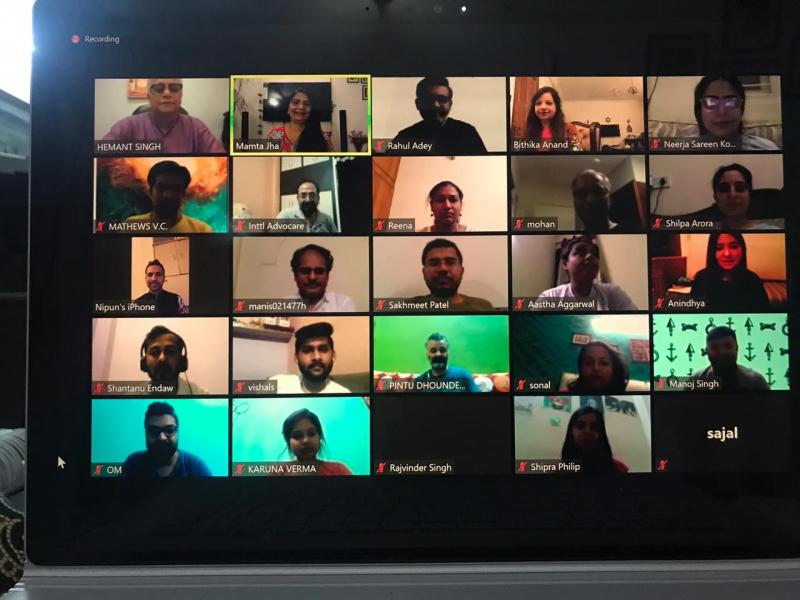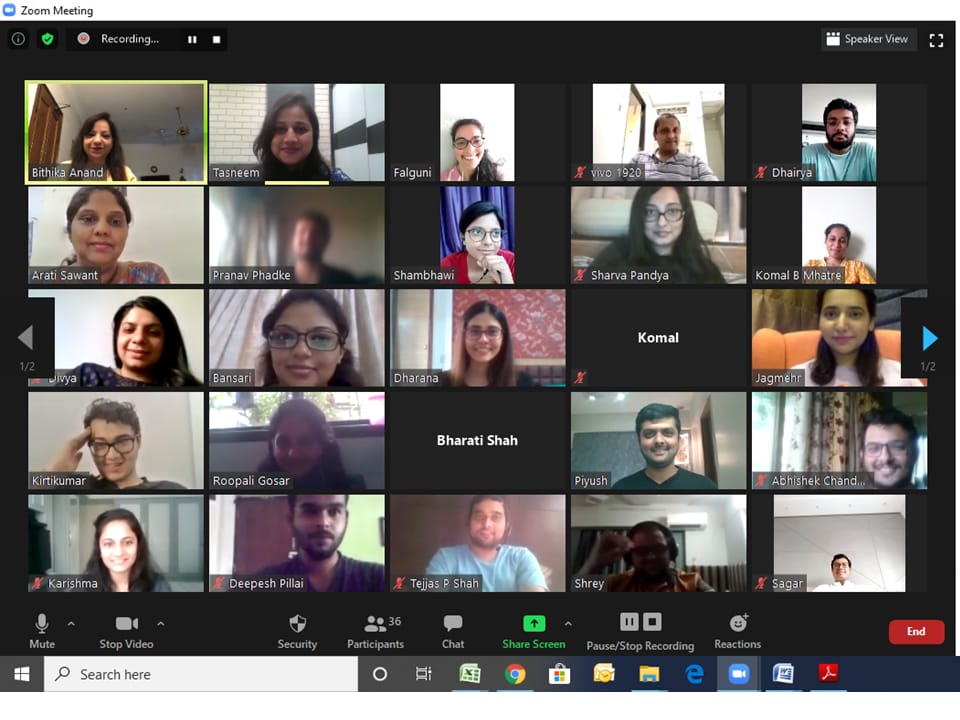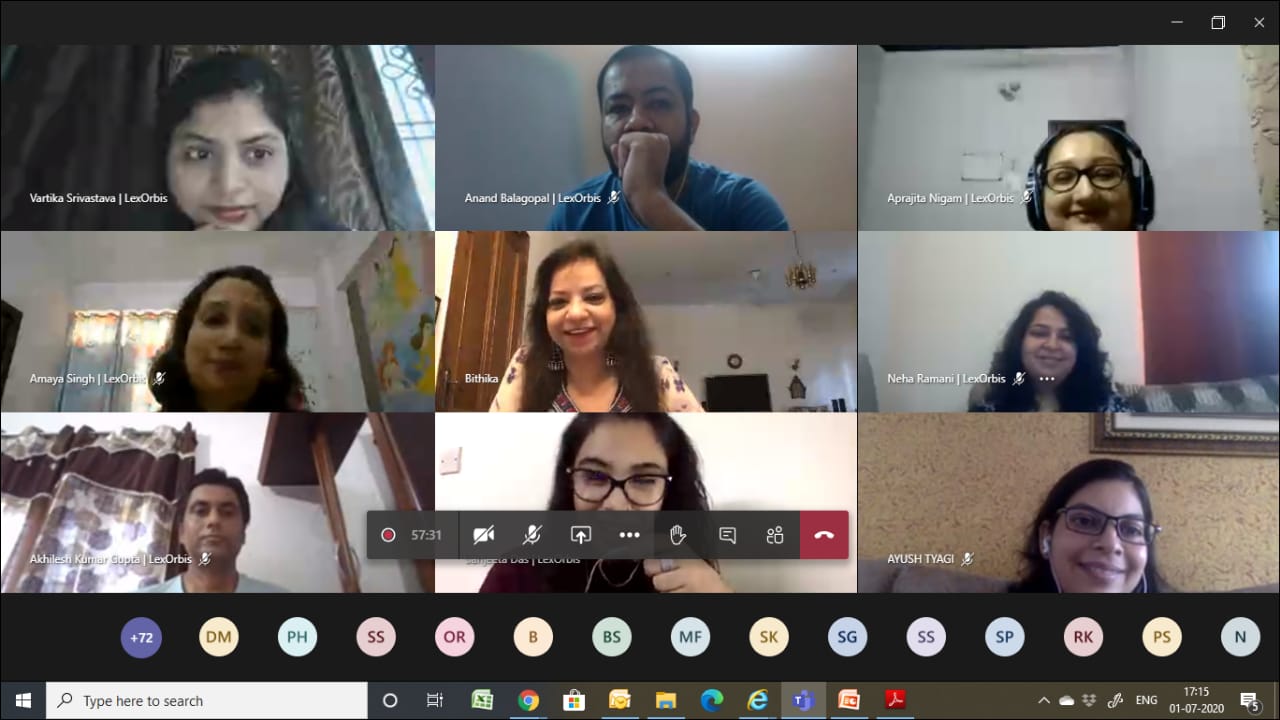
An atmosphere of ethical adherence is not just desirable but necessary within legal institutions. How do the whistleblower policies within law firms fare against their lofty intention of preserving and promoting ethical conduct?
The following is an analysis of the various elements comprising a comprehensive whistleblower policy—scrutinized through the lens of effectiveness and practical application within the bastions of law.
Dissecting the Ethical Blueprint
- Policy Overview: This preamble sets the stage, but its real-world potency lies in actionable objectives, clear mechanisms, and robust policy architecture that supports individuals willing to voice concerns.
- Applicability: The scope here must be all-encompassing. The policy must apply uniformly from paralegals to partners, ensuring the inclusivity of protection and accountability.
- Definitions: Precision in language equals clarity in action. Each term used within the policy requires surgical definition to prevent ambiguity which can often lead to loopholes or misuse.
- Policy Guidelines: The procedures for raising concerns are the heart of the policy. They must be delineated with care, ensuring the path from disclosure to resolution is navigable and free from bureaucratic entanglements.
- Complaint Categorization: An organized approach to recording and categorizing complaints enables a systematic and swift response. Are we categorizing with wisdom and foresight?
- Complaint Redressal Mechanism: The response to a complaint is where theory meets practice. Each step in this mechanism must be crafted to uphold the highest standards of fairness and expedience.
- Complaint Evaluation and Investigation Procedures: Investigations should stand on pillars of objectivity, thoroughness, and integrity. Procedures need to ensure investigations are free from internal interference or bias.
- Complaint Closure: Closure should not only resolve the issue but also reinforce trust in the policy itself. Is the closure process transparent and does it provide the necessary resolutions and learnings?
- Responsibility of the Whistleblower: It is essential to highlight the whistleblower’s role as a guardian of the firm’s moral compass while safeguarding their rights and identity.
- Protection for Whistleblowers and the Investigation Team: Solid protections against retaliation are non-negotiable. They serve as the backbone of the policy’s credibility and efficacy.
- Disqualifications: The policy must define and deter misuse, ensuring that it remains a tool for justice rather than becoming a weapon for personal vendettas. Secrecy/Confidentiality: Confidentiality is paramount, both for the protection of the whistleblower and the integrity of the investigation.
- Policy Awareness and Display: A policy that lives in the shadows serves no one. Visibility and education are key to ensuring that policies are not just present but actively understood and embraced.
- Amendment: The policy should be a living document, adaptable in response to evolving legal ecosystem and organizational structures.
A law firm’s commitment to ethical conduct is reflected not just in its policies but in the consistent and courageous application of those policies.
Are we, as legal entities, ensuring that these frameworks live up to their promise of building a culture of integrity and courage?






